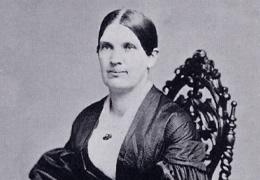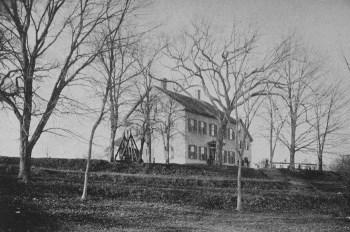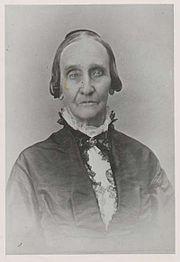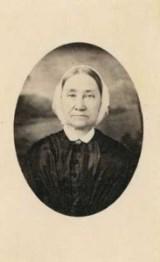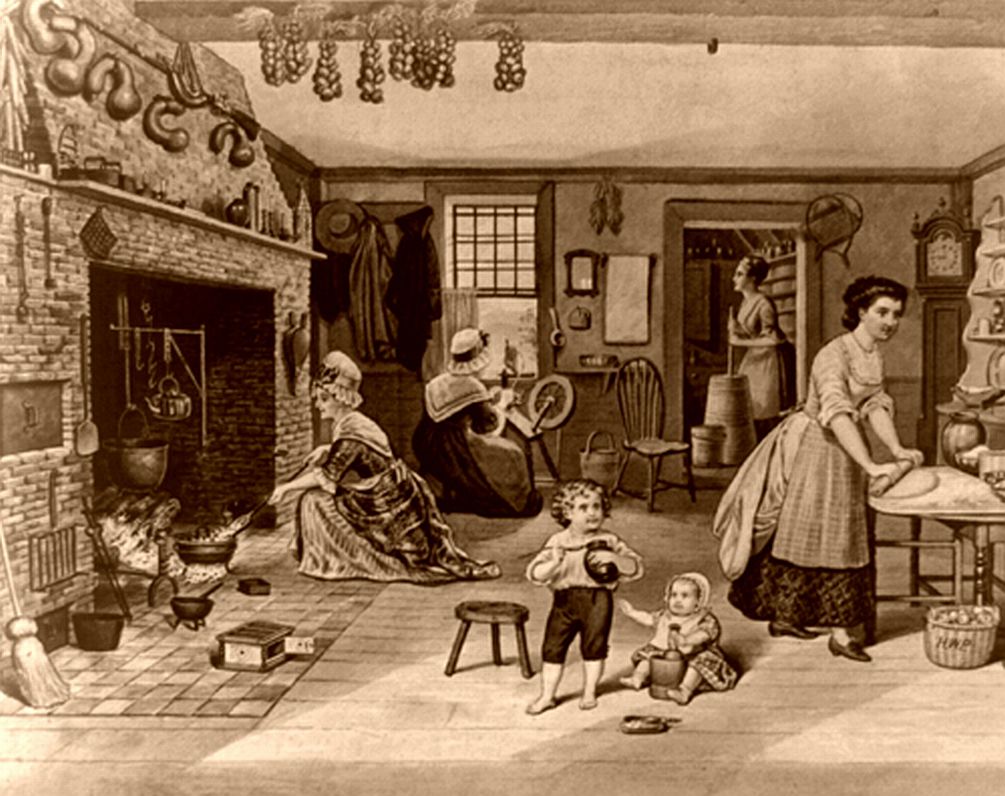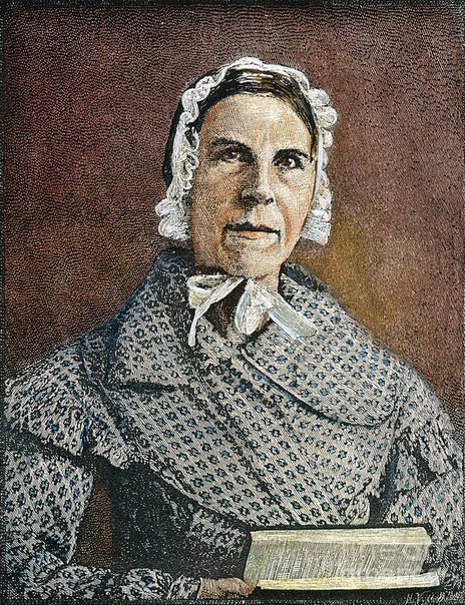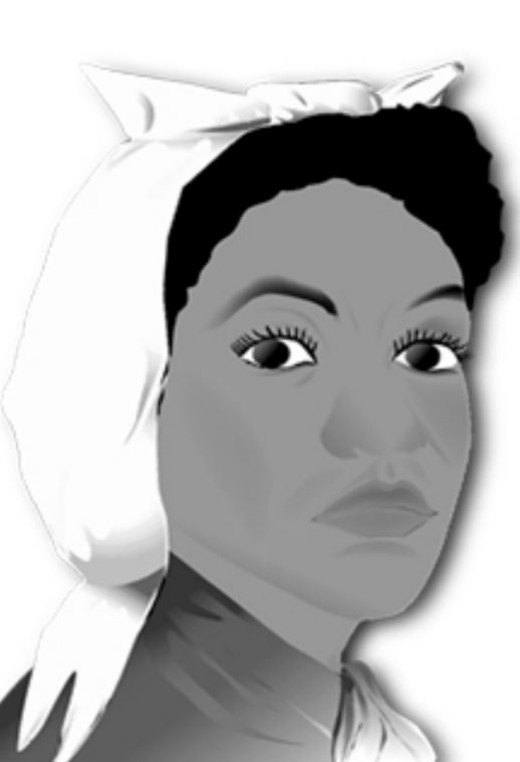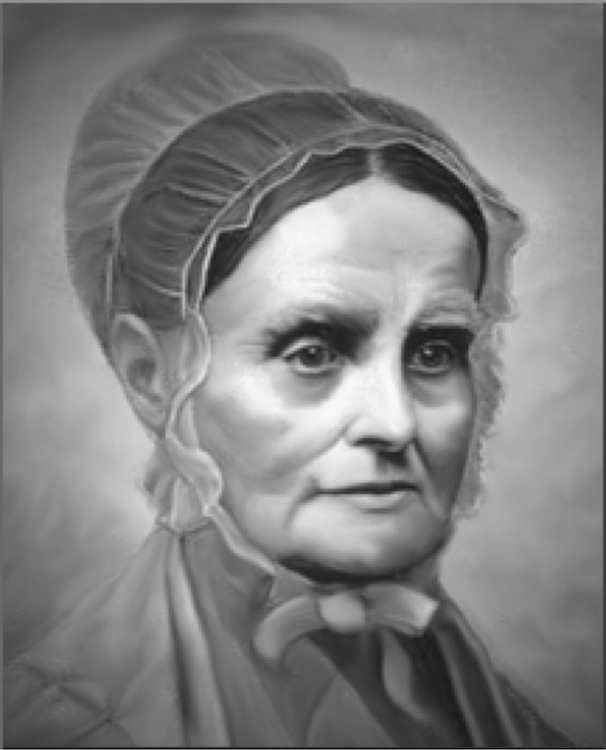An Organizer of the Seneca Falls Convention Jane and Richard Hunt of Waterloo, New York were philanthropists who supported human rights causes. They hosted the tea party that led to the first women’s rights convention at Seneca Falls, New York in July 1848. Image: Jane Hunt Jane Clothier Master was born June 26, 1812 in Philadelphia, Pennsylvania to Quakers William and Mary Master. At age thirty-three Jane Master married Richard Hunt in November 1845 and moved to Waterloo, New York, where she became a member of Richard’s extended family of Hunts, McClintocks, Mounts, Plants and Pryors. All of these families were Quakers who had migrated to Waterloo from Philadelphia or New York State.
